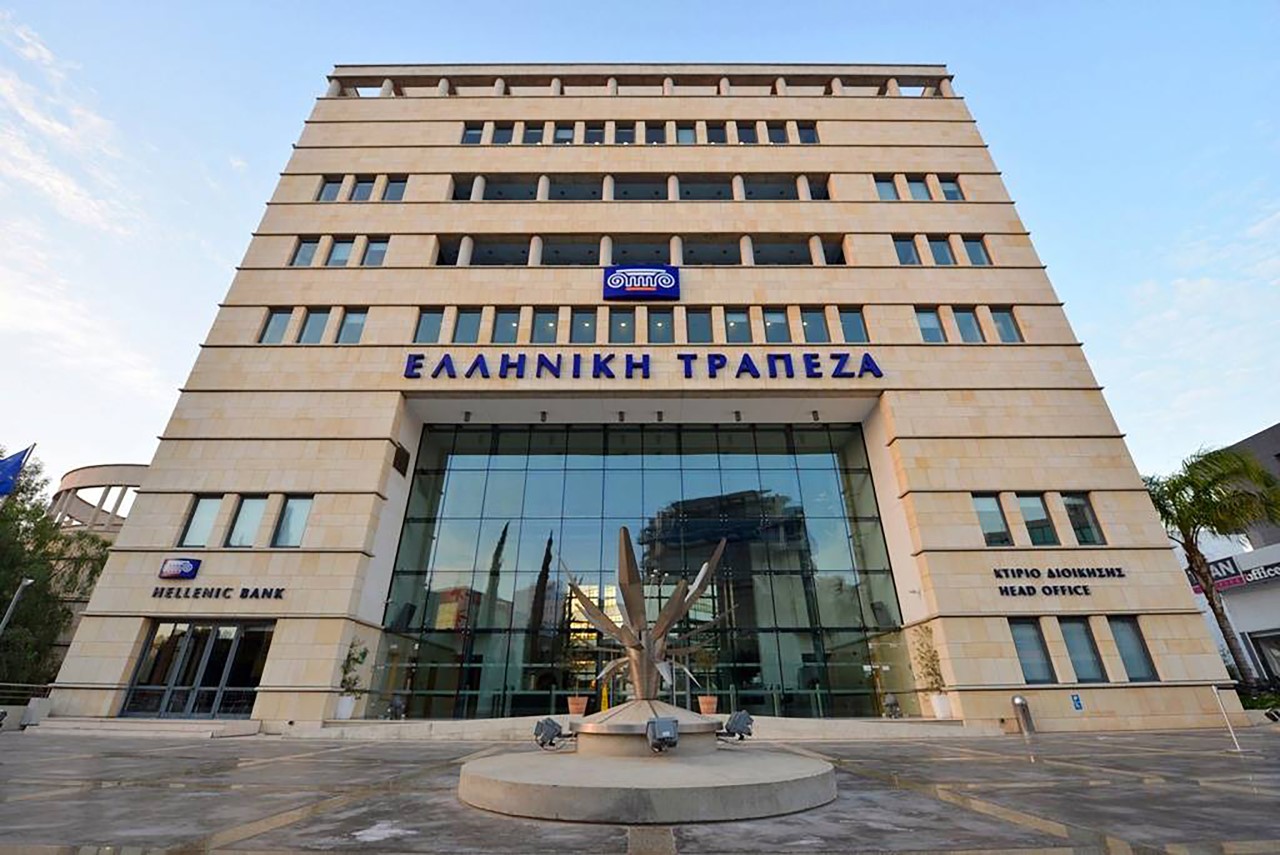The European Union’s VAT in the Digital Age (ViDA) proposal has once again come under scrutiny following Estonia’s veto on May 14. The updated ViDA proposal, published on May 8, 2024, is divided into three main pillars: digital reporting requirements, platforms as deemed suppliers, and single VAT registration. The Commission’s stated goals are to make the tax system fairer by fighting tax fraud and more efficient by making VAT compliance easier for businesses. However, these goals are only achievable if the policy is based on sound principles, and unfortunately, the ViDA’s deemed supplier and location of supplied services rules fall short of these principles.
Neutrality Is an Important Tax Policy Principle
A neutral tax code should neither encourage nor discourage personal or business decisions. In other words, it shouldn’t pick winners and losers. ViDA violates this principle in multiple ways.
Under a value-added tax (VAT) system, tax is collected at each stage of the production chain and at the distribution of goods or provision of services. It is a neutral design because each seller or supplier only applies VAT to the value added at that stage and can take a credit or deduction for the VAT they pay on their inputs. In the end, the consumer of the final product bears the burden of the tax because they cannot deduct input VAT.
For example, if a hotel purchases a bed to furnish a hotel room and then rents the room to a consumer, the consumer must pay VAT on the final price of the hotel room rental. However, the hotel is allowed to deduct the tax of the bed purchase as an input VAT because the bed is part of the cost of delivering the hotel room rental.
However, ViDA’s deemed supplier rules would alter this neutrality principle by making online platforms liable for VAT collection and remittance even when the service provider (the owner of the rental or car) is not obligated to register for VAT. Consequently, VAT would be added to the renter’s service without the ability to deduct input VAT.
Compared to the hotel example above, an individual renting out their apartment for a short-term stay would now be required to charge VAT on their rental but would not be able to deduct the VAT on the bed purchased to furnish the apartment. The same asymmetry would occur for individuals using a platform to deliver their service, such as drivers who cannot deduct their input costs.
Some argue that the current system gives an unfair advantage to the individual compared to the more traditional business because the individual falls under national VAT registration thresholds and therefore, unlike the traditional business, does not need to charge tax on their service.
However, the way to solve this imbalance is to change the thresholds so that everyone providing a service charges VAT while also benefiting from input VAT deductions, not inversing the imbalance in the other direction.
Furthermore, ViDA’s deemed supplier rules negatively affect neutrality by altering so-called “channel neutrality.” Without eliminating the VAT registration thresholds, ViDA will distort the market by making products sold online more expensive than the same products sold over the phone or in person.
For example, if an individual rents their apartment to a consumer as a VAT-exempt seller because they fall under the national threshold, then there will be no VAT charged on the rental. However, if that same seller were to rent their apartment through an online platform that is required to charge VAT due to the ViDA policy, then the price would be higher for the same service. This is a non-neutral tax policy; the tax is picking which medium of commerce is “winning or losing.”
In the updated ViDA proposal in May, Member States could choose to exclude short-term rentals and road passenger transport services from the deemed seller rules. However, this would not solve the stated goal of the Commission of simplifying Single Market compliance rules across the EU.
Again, a better solution would be to bring down VAT-exempt thresholds to zero and require all sellers to charge a lower VAT rate to fund government spending. While it may seem politically unpopular, VAT thresholds slow down economic growth.
Location Matters
Finally, compared to government spending, the tax code is an inefficient way to redistribute funds from one Member State to another. However, ViDA would attempt to do so by altering the location where platforms’ services fees are subjected to VAT.
Currently, if a French resident books an accommodation in Italy, most of the VAT charged on the platform service fee is remitted to where the consumer is located (France in this case) under electronically supplied services rules. However, ViDA would shift this to where the accommodation is based (Italy). In the context of EU tourism, this would produce a shift of VAT revenue from generally northern countries where consumers live to southern countries where consumers travel for holiday.
Even worse, if the consumer’s country is outside of the ViDA regime, it could lead to double taxation because other countries could continue to require a VAT charge on the consumer location on top of the charge under ViDA on the supplier location.
The VAT is a key component of the EU tax mix because consumption tax, unlike an income tax, is a more efficient way to raise government revenue while limiting economic distortions. Therefore, adopting tax policy based on sound principles like neutrality rather than political expediency is essential for the European Union’s fiscal future.






